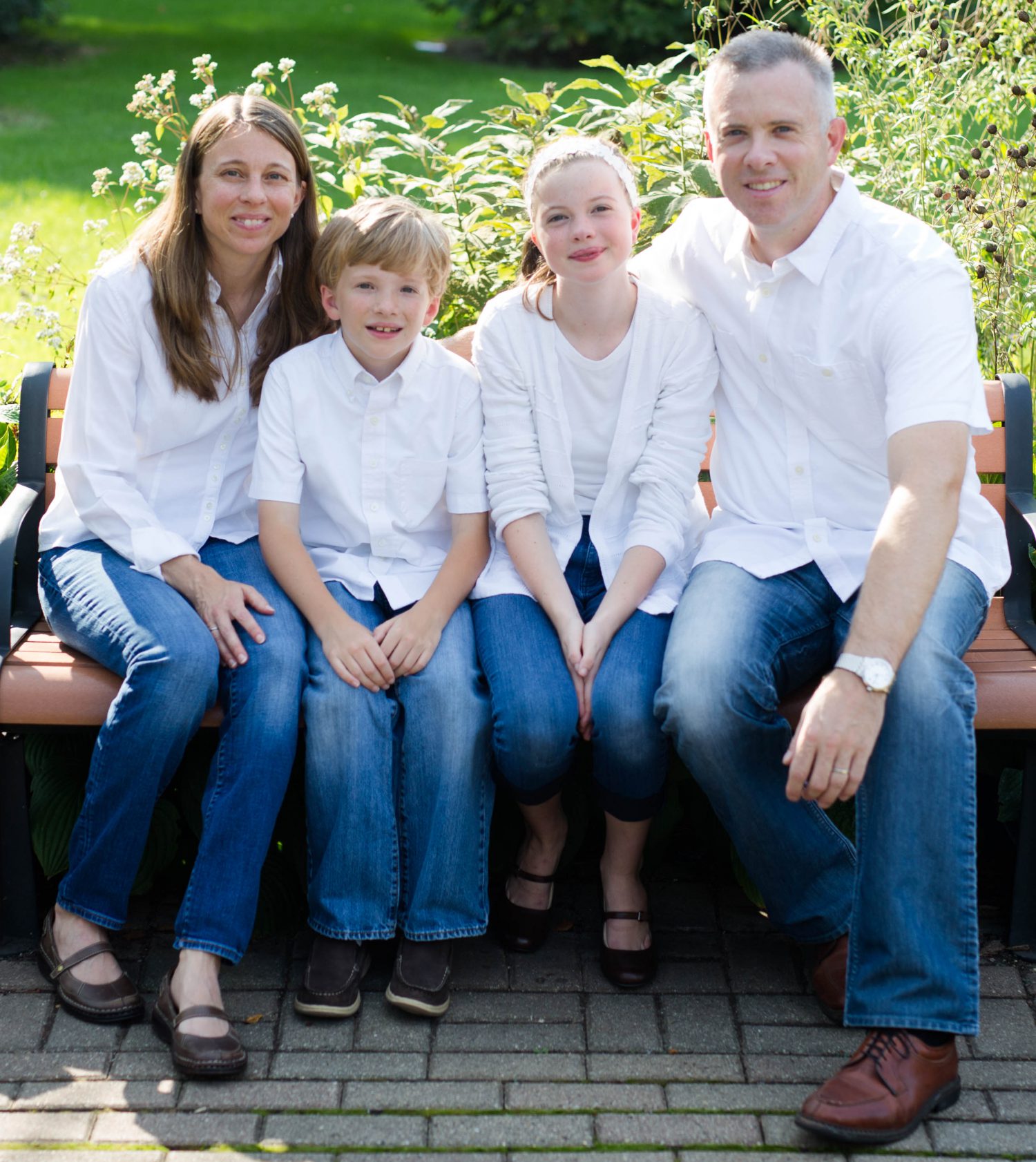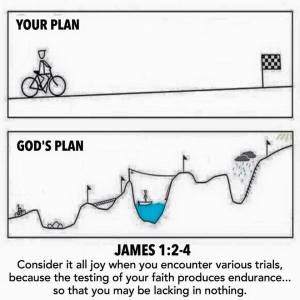
Jesus told his followers that he would give them eternal life and that they ought to be known by their love. Christ-followers, for millennia, have faced death with the comfort and conviction that they have already died in Christ, and they already live in him spiritually because of the resurrection. This faith in life-in-Christ has fortified believers to physically suffer and die to follow Christ. Christians have died daily for their faith knowing that their physical death means entrance into more life. Additionally, Christ-followers have loved with a power and selflessness that is unparalleled in history. It is easy to miss the depth and roots of this critical component in contemporary life, however, many of our most prominent educational and social services have their origins in the love of Christ. Moreover, even though much secularization and popular culture surrounding these services obscures their origin, the impulse and ideas behind them actually originate and are still structured on the healing power of selfless love. Because Christ-followers are not afraid to die, they have lived lives of love that have endured and offered help and hope to the most desperate during the most traumatic times.
Historically Christians do not run from disaster, rather they run to offer healing aid in times of crisis. It could even be said that their model has been adopted by many who serve with selfless conviction of care, not fully knowing the origin of the impulse to their methods. Time and again in history Christ-followers have resisted the fear of death and loved their neighbors because of their faith in the life and love found in Jesus. Example after historical example serve as reminders to those who would but see how Christ-followers have offered love even when their culture was in chaos and fear. Ironically we often look back on the heroic love of Christians in the past and admire them, even prop them up as exemplars of faith, while today we would call people who actually practice their faith like them boldly with faith and love as “foolish”, ill advised, and socially reckless. We can be confident of this if we were careful enough to look deeply. Were not the “Christian” peers of Corrie ten Boom critical and suspicious of her and her family for risking and giving their lives to fight the fear of Nazi oppression? No doubt they thought them foolish, rash, and perhaps dangerous to their community. Looking back further, when believers risked their lives to care for pandemic victims (pick any plague from the Black Death to earlier plagues of the Roman Empire) as many literally ran for the hills of social separation, it was Christ-followers’ confidence in eternal life and conviction that Christ’s love was needed most critically in trauma of plagues that compelled them to stay and save untold numbers of lives and healed the wounds in their society. They did not, when at their best, separate but fought fear with faith and love and engaged to connect and care for their community.
Recently in Italy, we saw an example of the love of Christ that was in line with the historical engagement during times of traumatic and life threatening fears. While doctors in Italian hospitals were overwhelmed with Covid19 victims, one man visited the sick and assisted the caregivers by reading Scriptures and praying with them. He boldly connected in faith with the love of Christ. The most remarkable thing to most was that he himself contracted the deadly virus and died, however, the fact that he gave his life in love is actually not the most remarkable part of the story. It was his love and faith in the face of systemic fear to be with people who would have died alone that makes his story stand out. The greatest need during a pandemic is people who will care for each other when others simply won’t because of fear and care for people who in their separation would die alone and without hope. This mans’ boldness and “reckless” love helped people who were left to die and he empowered the medical caregivers to have hope to continue their care! Rather than frame his thinking and actions on public policy or personal rights and safety, he engaged in loving people, knowing his life was secure. He fought fear with faith and love.
Today Christ-followers are being told to separate and stay safe to save lives. This frames our thinking in fear. Fear of getting a potentially deadly virus and fear of passing the virus on to others. This “Frame of Fear” is far more powerful and damaging than we currently realize. The initial response to this Frame of Fear usually runs along lines of individual rights pitted against corporate rights. A battle of thinking ensues that is not only destroying the fabric of our society it is also crippling us to follow Jesus in love. In democratic societies the greatest “fever” is the backlash against or support of this Frame of Fear. Although this rights-based thinking is understandable, it is not able to fully comprehend its own limiting practices and potentially dangerous results. A society framed in fear, that purports to be wise while undermining all people’s ability to connect and care, is pathological on a far deeper level than we currently realize. Personal and corporate rights cannot solve the needs of the human condition and cannot connect us to the hope and love we have historically seen as successful among Christ-followers. We need to ask: What do we really believe and how should that shape our behavior? We also need to ask: What would a person who because of their faith in Jesus is not afraid to physically die and holds the hope of love do in the face of a pandemic and society gripped by fear? Historically the answer of a Christ-follower is to selflessly engage, overcome fear, and give their lives in love.
A greater vision and hope is needed to thrive during today’s health and social crisis. Basing our actions on public policy, individual rights, or even a so-called-balance of social separation with measures to slowly re-engage simply cannot overcome the Frame of Fear, and it undermines the power of the life-giving love we have historically and successfully offered in times of crisis as Christ-followers. We need the vision of life and love that will overcome fear and offer real help and hope in faith. This vision is not foolish but far deeper, long-lasting, and rich. Jesus knew and lived the power of his life and love, and he gave it to his followers. Jesus’ followers have seen the most lasting impact for personal and corporate good when we frame our lives and actions in faith and love flowing from Jesus. He is our ultimate frame. Jesus boldly touched the unclean and sick. Jesus faced the fear of social rejection and persecution to care. Jesus faced the fear of death for us and gave us life. His model and method of engaging in love is our deepest hope. He is our way, truth, and life.
Practically it feels daunting to apply Christ-like love. Fear frames and even distorts our thinking and daily actions. Seemingly simple questions, compounded by conflicting scientific and public advice, become paralyzingly difficult. Should you stay home? Should you wear a mask? Should you visit the lonely, (everyone feels the loneliness and the damage of social separation) even if that is styled at best as a risk to yourself and others? Should we gather for social events that mark and establish the rhythms and fabric of our community? As long as we frame our thinking and actions on fear, especially during a crisis, and lack the vision of healing of Christ’s love that he clearly modeled, taught, and gave to us we are at an historical loss. We must first see the vision of his love and life before we proceed with seemingly more “practical” questions of practice. Fear is not a vision that can hold. Faith and love should lead our hearts and behavior. It is time we got back to the vision of eternal life and living out Christ’s love. Only a vision of Christ can save us, and only his love can heal and lead us through this crisis. Let us follow him in faith and love together.




